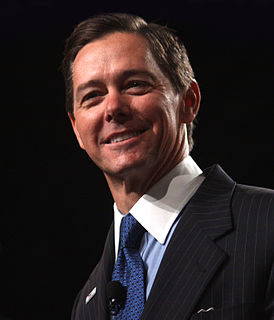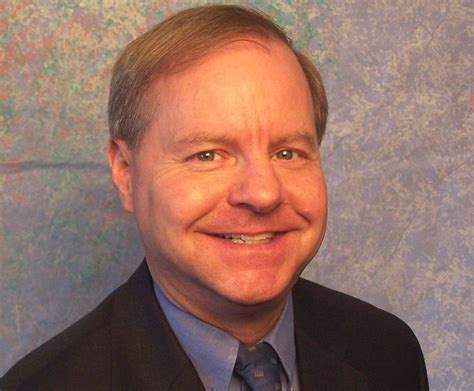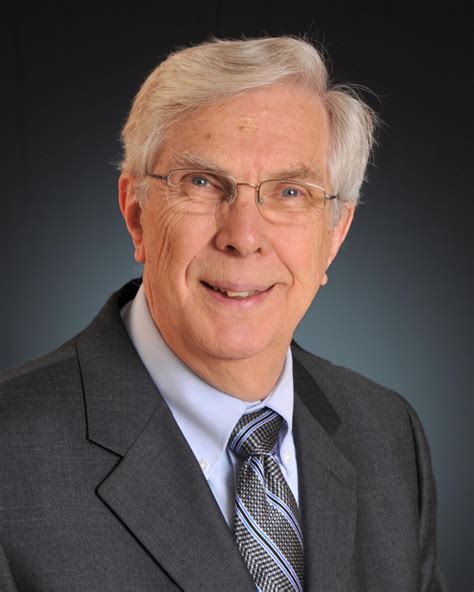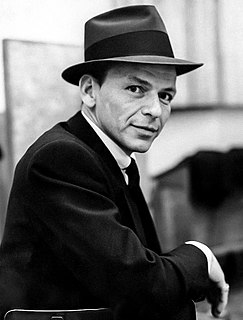A Quote by Charles Colson
In our day, you can mock religion in public and even get funds for doing it. But you can't show respect for religion in public - or you risk being hauled into court.
Related Quotes
The Constitution forbids states from banning all religion from public spaces and from making churches the ghettos of religion where all manifestations of faith are kept separate from public life. Religious people have an equal right to participate in the public square and to have their contributions to Oklahoma history and society recognized.
I want to say to you is that James Madison and Thomas Jefferson did not intend to drive a stake in the heart of religion and to drive it out of our public life. What they intended to do was to set up a system so that we could bring religion into our public life and into our private life without any of us telling the other what to do.
In India, as elsewhere in our darkening world, religion is the poison in the blood. Where religion intervenes, mere innocence is no excuse. Yet we go on skating around this issue, speaking of religion in the fashionable language of 'respect.' What is there to respect in any of this, or in any of the crimes now being committed almost daily around the world in religion's dreaded name?
History will also afford frequent opportunities of showing the necessity of a public religion, from its usefulness to the public; the advantage of a religious character among private persons; the mischiefs of superstition, and the excellency of the Christian religion above all others, ancient or modern.
We [Americans] have secularized the public life of our country in such a way to say something is religious is something negative. Religion has now turned into a way to discredit people. It is futile and dishonest to argue about religion. Religion is a phenomenological umbrella; there are all kinds of religions. It makes a difference when your religion is telling you something true or something false.
Today courts wrongly interpret separation of church and state to mean that religion has no place in the public arena, or that morality derived from religion should not be permitted to shape our laws. Somehow freedom for religious expression has become freedom from religious expression. Secularists want to empty the public square of religion and religious-based morality so they can monopolize the shared space of society with their own views. In the process they have made religious believers into second-class citizens.
Religion is a personal, private matter and parents, not public school officials, should decide their children's religious training. We should not have teacher-led prayers in public schools, and school officials should never favor one religion over another, or favor religion over no religion (or vice versa). I also believe that schools should not restrict students' religious liberties. The free exercise of faith is the fundamental right of every American, and that right doesn't stop at the schoolhouse door.
The court decided, based on its reading of our precedents, that the effects test of Lemon is violated whenever government action creates an identification of the state with a religion, or with religion in general, ...or when the effect of the governmental action is to endorse one religion over another, or to endorse religion in general.




































